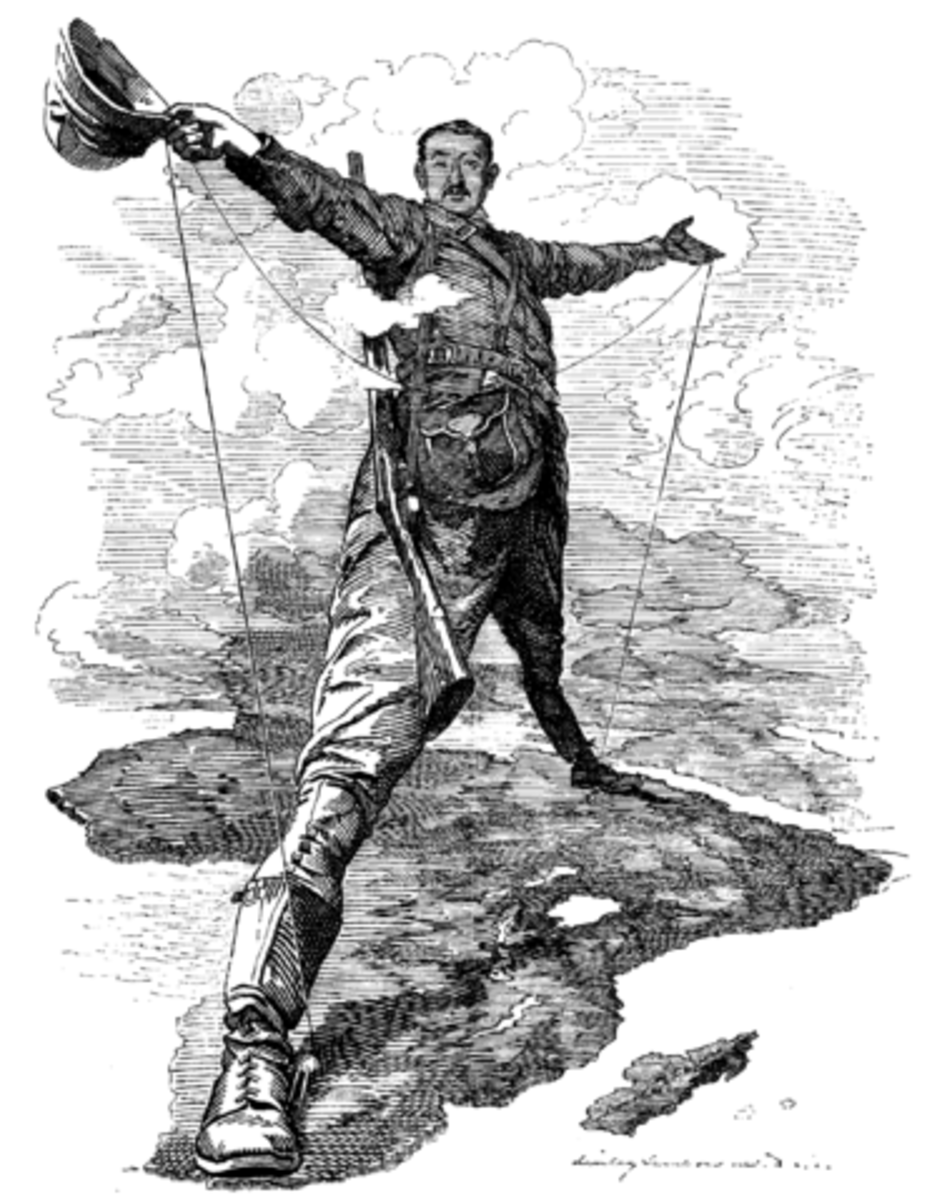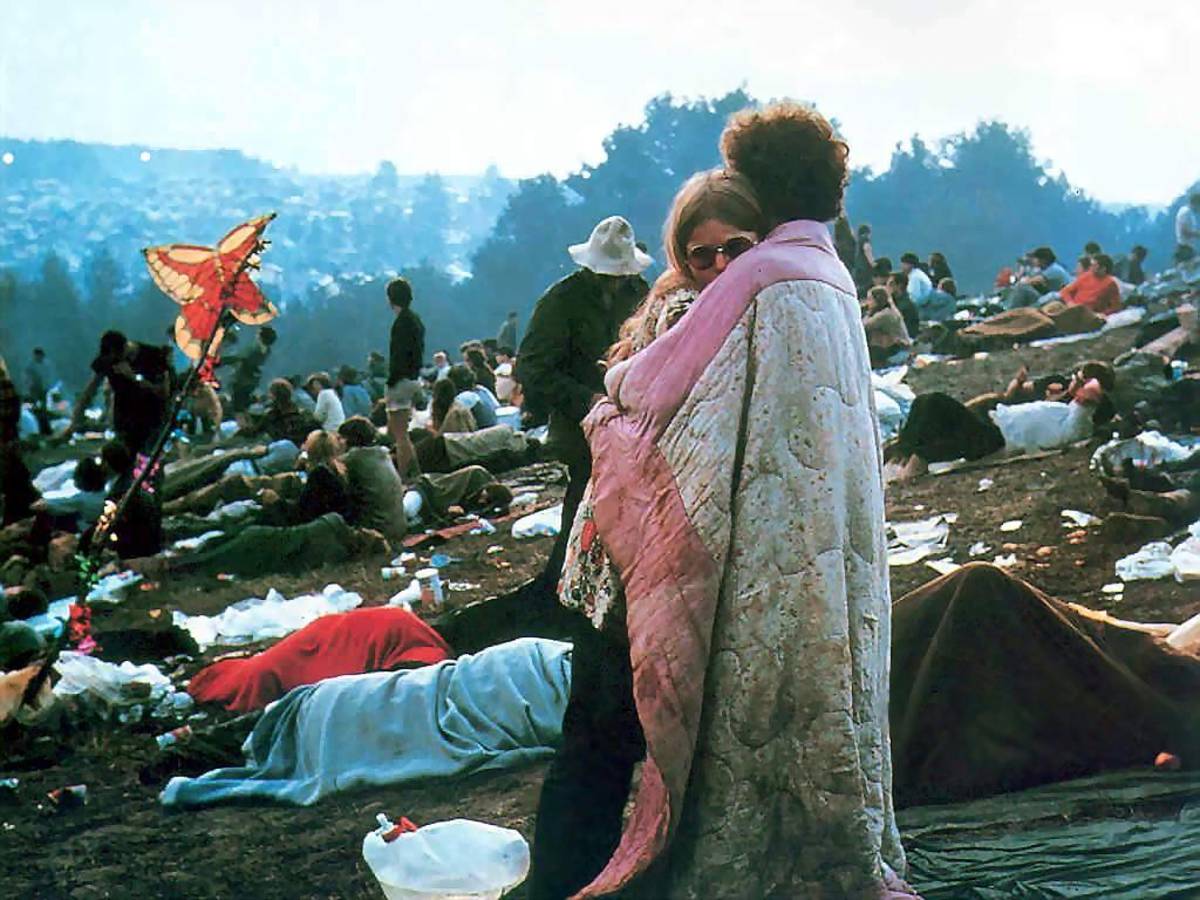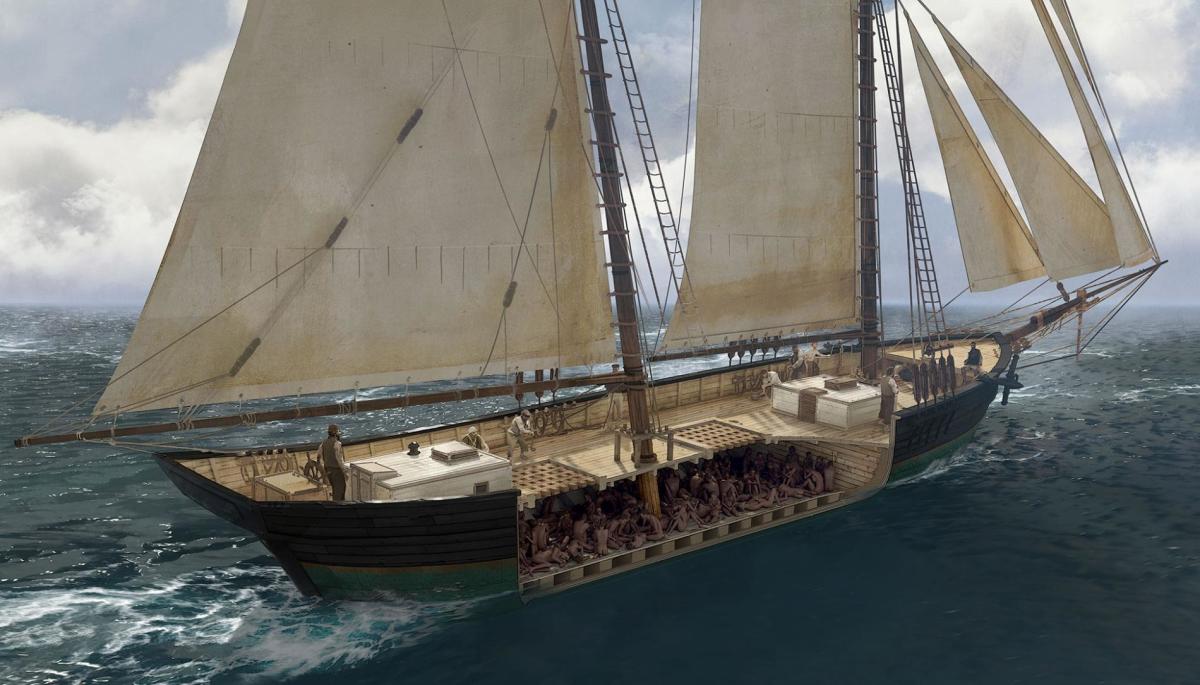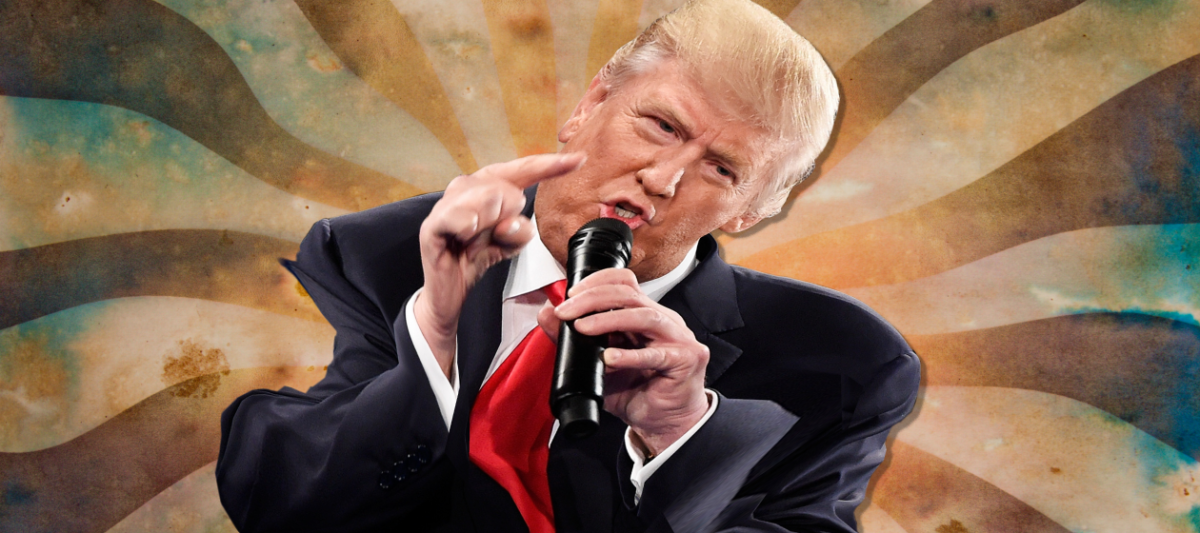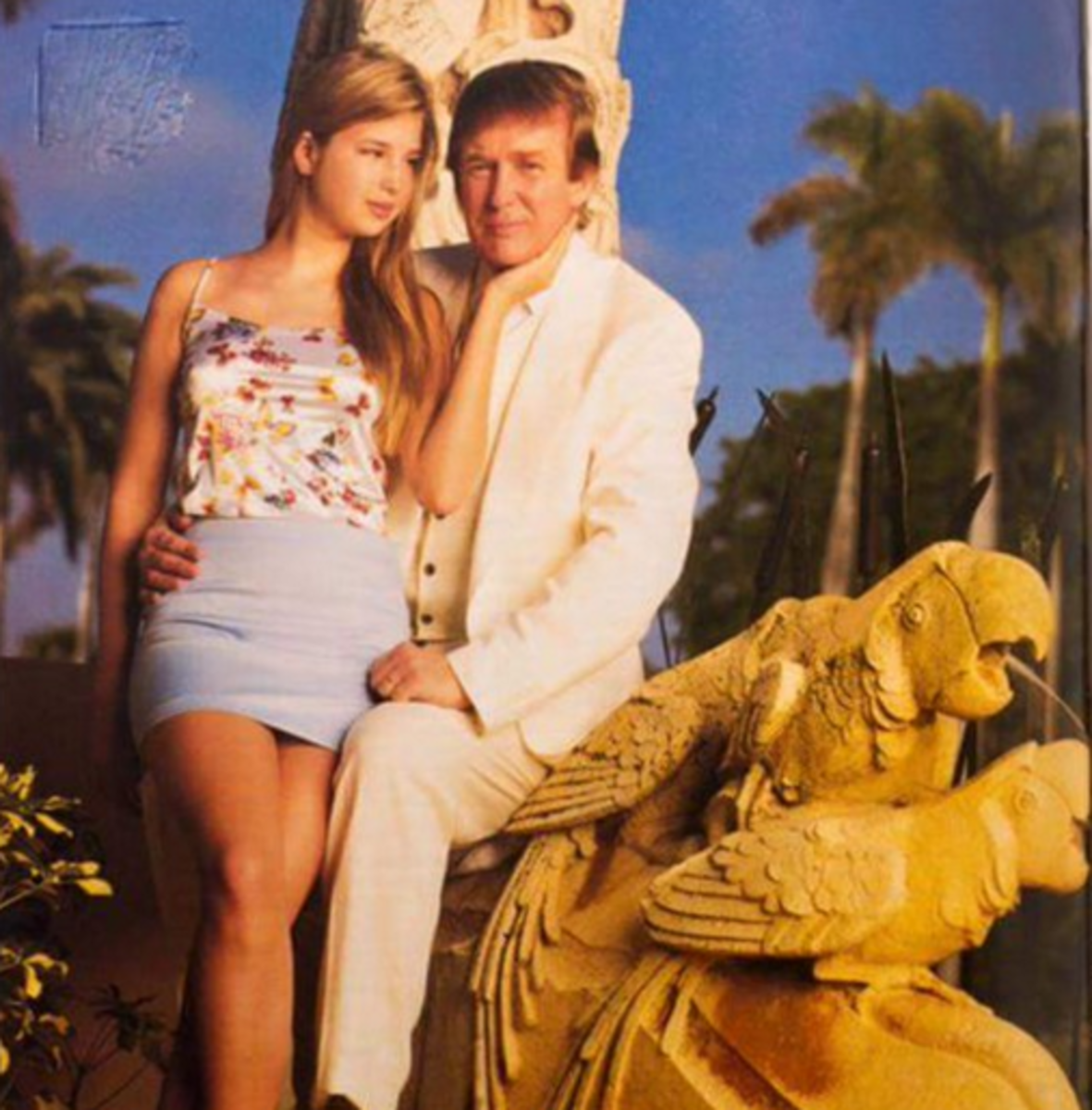The United States: Altruistic Democracy Or Corporate Imperialism?

American Imperialism
The United States has long been a staunch opponent of the idea of empire. Right back to the colonisation of Liberia by emancipated African Americans, they have always sought to distance themselves from anything which could be construed as imperial.
Liberia was allowed independent rule almost as soon as it was founded in the mid 19th century, thus ending American involvement in the scramble for Africa.
US foreign policy today reflects this attitude, and American government officials, especially in light of the current "war on terror" fall over themselves to deny American pursuit of anything other than the creation of "a more secure, democratic, and prosperous world for the benefit of the American people and the international community". To this end American troops have seen action in every continent of the world, entering into two world wars.
The birth of the US navy could be said to be an indirect result of this policy. The Barbary pirates were a curse to American merchant shipping in the 18th and early nineteenth century until the US navy was formed and used to subdue them.
In keeping with American values, once they had inflicted defeat, the Americans withdrew, leaving the region to the french, who had no such qualms. French military hegemony continued in the region until as late as the twentieth century, ending in violence and civil war in many countries. The French exert considerable influence over the region to this day.

America As The World Police Force
This idea is more in keeping with what Americans and indeed perhaps the rest of at least the western world feel should be their role. America was long seen as a beacon of freedom to all other nations in the world.
The fact that they did not enter into the race for a large foreign empire, like all the other European powers, and that they have consistently entered wars with no immediate and obvious gain to their own economy, had, at least until perhaps as late as the 1970s, given America a prestigious position of world power, without the usual stigma of imperialism attached.
It could perhaps be said that the American people were naïve during this period, perhaps even including American governments, believing themselves to be a power unlike any other, a power that does not abuse those beneath it. Unfortunately, the old adage "power corrupts and absolute power corrupts absolutely" comes into play here.
The Vietnam war was perhaps the watershed of American intervention in foreign affairs. This was the first instance of America acting unilaterally to further her own interests, as opposed to an attempt to assist a persecuted population.
Ho Chi Minh actually believed initially that the Americans would be an ally or at least provide political backing for his regime, as they had during world war 2 when he organised resistance against the Japanese.
He believed that American anti imperialist feeling would mean they would assist his attempts to remove the French. Here America was faced with a dilemma: stick to its anti imperialist values and allow the installation of another communist regime in Asia, or ignore their core values and subdue a people attempting to perform a similar action as they themselves during the war of independence.
They chose, in the end catastrophically, to do neither, attempting instead to install a friendly regime in the south and remove the communists from the north by force. Initially actually even called a "police action" in the US media, the Vietnam war dragged on from the late fifties into the early 1970s, resulting in humiliating defeat for the Americans, at the hands of an army which could hardly be described as an equal.
However, from this point on, consecutive American governments have clung to the idea of America as world police. From Korea, right through to the invasion of Iraq, America has consistently been almost at odds with it's own agenda, tottering between advancing its own interests and promotion of its own values.
Corporate Imperialism?
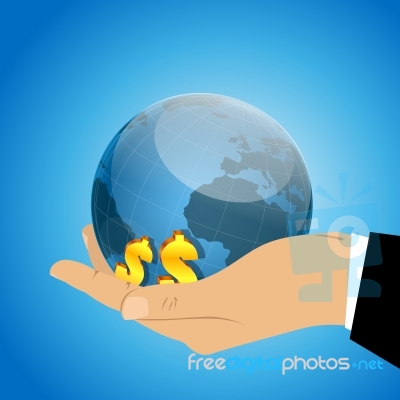
America as a trading empire
American core values permeate the entire world, in one form or another. This was, as far as is possible to ascertain, almost a total accident. Large corporations did not even exist until the late 19th century.
The irony of the fact that this was almost totally due to the 14th amendment, an amendment of which most Americans are rightly proud, cannot be overstated. Up to this point, corporations were forbidden by law to expand beyond a certain size, certain amount of income or certain project.
However, for the purposes of legality, corporations were seen in law as individuals in their own right. In other words, in the eyes of the law, a corporation was a person. Corporate lawyers used the 14th amendment to argue that corporate law forbidding corporations to earn more than a certain amount etc were actually a breach of this law.
Of the 150 cases brought before US courts up to 1896 under the 14th amendment, only 15 involved former slaves, the remainder were all corporate cases. The argument proved successful, and modern super corporations became possible.
These corporations have since spread American hegemony throughout the globe. The largest public names in the world, particularly Coca-Cola, IBM, McDonald's and Ford, spread American values everywhere.
American ideals pushed their way into every social system. This became even more pronounced after world war two, with the American manufacturing industry at its peak. American soldiers spread the culture of excess throughout Europe and Asia.
The withdrawal of most of the major European powers from their colonies and world affairs in general, battered after two horrific wars, left a huge power vacuum which the Americans readily filled.
Instead of filling it with colonial troops, government institutions and complex foreign policies, they filled it with huge amounts of luxury. America became the yardstick by which the rest of the world judged its standard of living. The Soviet Union, a once huge seemingly unstoppable force, could not have done anything other than crumble in the face of such insidious power.
Then came the internet. With this invention, the ideals, language, social structure and political values of America became a part of everyday life for pretty much every single person on the planet.
Few people do not have access to it these days. No one thing could be said to be more truly american. The internet is the epitome of liberal democratic values: it is cheap or free, information is transmitted in huge amounts and in most cases without censorship. As a tool spreading the power of the american way of life, the internet is indispensible.
It is no small wonder then, that the Chinese government has sought to restrict its use; they recognise its power and potential to topple their regime.

America in comparison
As an empire, the only thing America does not do that every other empire has, is hold on to vast tracts of land. The war in Iraq has been portrayed as an attempt to install peace in an unstable area. However, it would be better described as the subjugation of an uprising.
The middle east is perhaps one of the areas most affected by American hegemony. It is, unfortunately, also the area perhaps least likely to be compatible with American values. In this case, America has come up against a system with perhaps as much potential as the American corporate juggernaut: Islam.
It has reacted to this threat in the same way as the old European powers reacted to uprisings in their colonies. It has sent in the troops. This is the true measure of any empire.
A country without the need to have some form of rule over another, does not need to send soldiers to it. Unfortunately, America has come to realize that there is no other way for it to maintain its current position at the top of the tree.
When faced with an enemy that its commercial powerhouse cannot defeat, it will and has been seen to use any means necessary to defeat it. This is no different to the Romans attempting first to subdue a region by trade and indirect political influence, followed by invasion and installation of puppet regimes.
In these ways, America matches every requirement for the establishment of empire, excepting direct rule. Instead of soldiers on street corners, it has fast food outlets, Hollywood, drinks machines and websites.
There can be little doubt, then, that what we have seen with the rise of the United States to its current position of sole world superpower, is the rise of an empire.
It is a new type of empire, arguably the first of its kind. One which has attempted to spread its ideals through benevolence and tolerance. Like all empires, however, there are always those who will oppose it, which force it into a unique position when compared to previous empires; It has little choice but to contradict its own values in order to remain in its position.
Whether this empire can stand with the truly ground breaking altruistic values it was founded upon is a question which remains to be answered, and one which will have a profound effect on the lives of billions.


